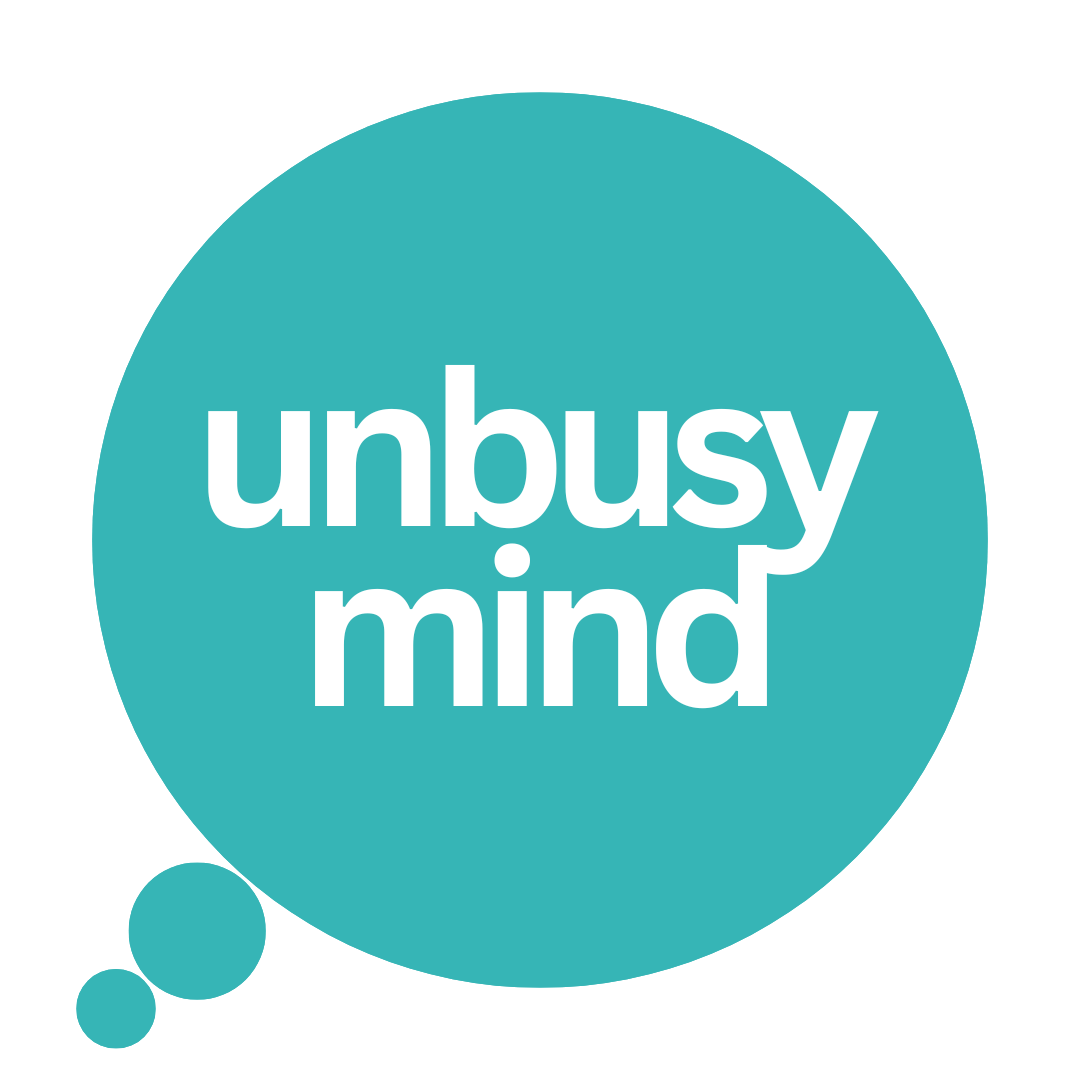
09 Sep Mindfulness at Work: Your Shield Against Stress and Burnout
In today’s fast-paced work environment, stress and burnout have become all too common. Employees are constantly juggling deadlines, meetings, and emails, often feeling overwhelmed. This is where mindfulness steps in as a powerful tool, offering a sanctuary amidst the chaos. By fostering a present-moment awareness, mindfulness can significantly mitigate stress, enhancing both personal well-being and productivity.
Understanding Mindfulness in the Workplace
Mindfulness isn’t just meditation on a mountaintop. It’s a practical approach that can seamlessly integrate into your work routine, helping you stay grounded amid the hustle and bustle.
Definition of Mindfulness
Mindfulness is about tuning into the now. It’s the art of being aware of your thoughts and feelings without getting caught up in them. This practice emphasizes focusing on the present, rather than worrying about the future or reliving past mistakes.
Principles of Mindfulness
At its core, mindfulness is grounded in three key principles:
- Awareness: Being conscious of your surroundings and emotions.
- Acceptance: Allowing thoughts and feelings to pass without judgment.
- Non-judgment: Observing experiences without labeling them as good or bad.
The Impact of Stress and Burnout on Employees
Stress and burnout don’t just affect your mood—they can derail careers and harm businesses. Let’s look at how prevalent these issues have become.
Statistics on Workplace Stress
Recent studies reveal alarming trends. According to a report by the American Psychological Association, over 70% of employees experience stress at work, and about half of them say they need help managing it.
Consequences of Burnout
Burnout has severe repercussions. It can erode mental health, leading to anxiety and depression. Productivity plummets, and job satisfaction nosedives, often resulting in high turnover rates. Employees who are burned out are also more likely to take sick leave, which impacts team dynamics and business outcomes.
 Photo by Binti Malu
Photo by Binti Malu
Benefits of Mindfulness Practices
Introducing mindfulness in the workplace doesn’t just address stress—it transforms the entire work culture. Here’s how.
Improved Focus and Productivity
Mindfulness sharpens your focus, kind of like cleaning a foggy windshield. When you’re attentive and in the moment, distractions fade, allowing for a more productive workday.
Emotional Regulation and Resilience
Think of mindfulness as emotional armor. It helps you manage your feelings better, making you more resilient against stress and setbacks. This emotional regulation leads to better relationships and a more harmonious work environment.
Implementing Mindfulness Strategies at Work
Mindfulness isn’t magic reserved for those with spare time. It can become part of the daily grind. Here are some strategies to get started.
Mindfulness Training Programs
Companies can offer workshops or training sessions, giving employees the tools to practice mindfulness. Programs like Headspace for Work or corporate mindfulness seminars provide structured support, facilitating a cultural shift towards well-being.
Daily Mindfulness Practices
Small daily practices can have a big impact. Encourage employees to start their day with a short meditation. Even brief moments of mindful breathing during breaks can help reset and recharge.
Conclusion
Mindfulness isn’t a cure-all, but it’s a solid defense against stress and burnout. By embracing mindfulness, employees can cultivate a healthier, more focused, and productive workplace. As you consider the challenges ahead, think of mindfulness as your go-to tool for maintaining balance in the whirlwind of work life. Start integrating these practices today, and you’ll likely notice a significant change not just in how you work, but in how you feel.

